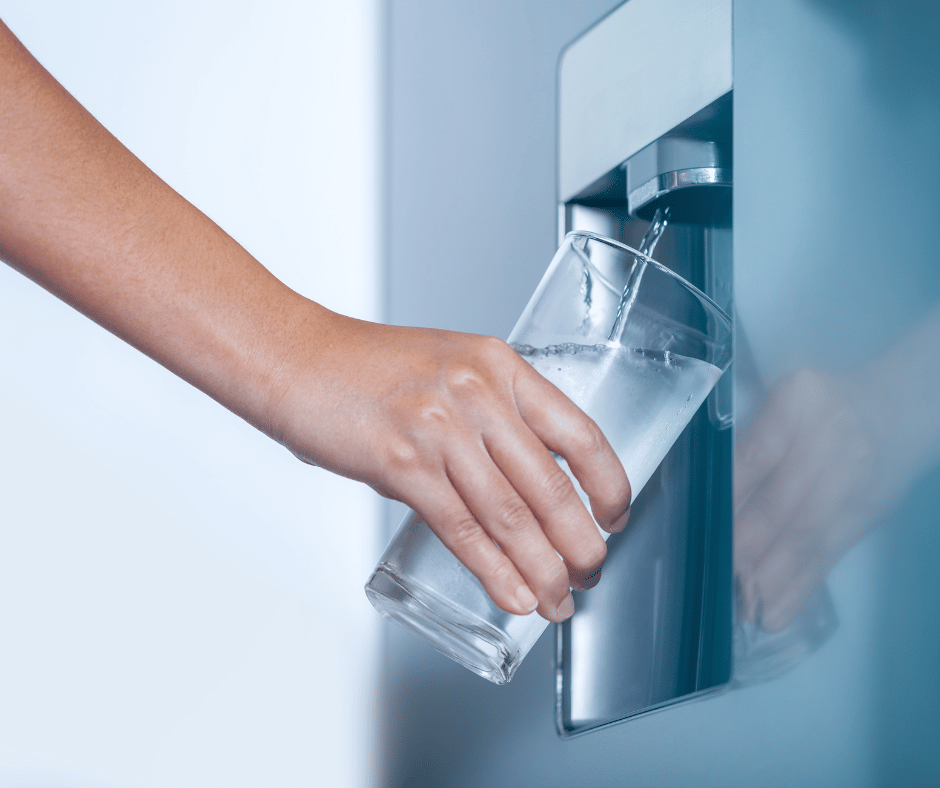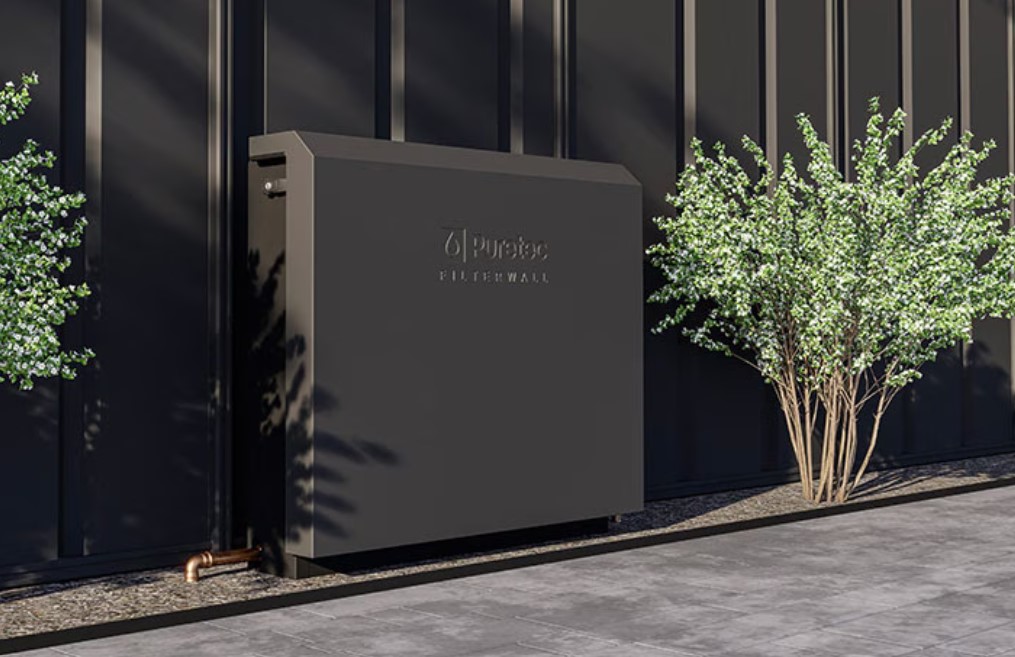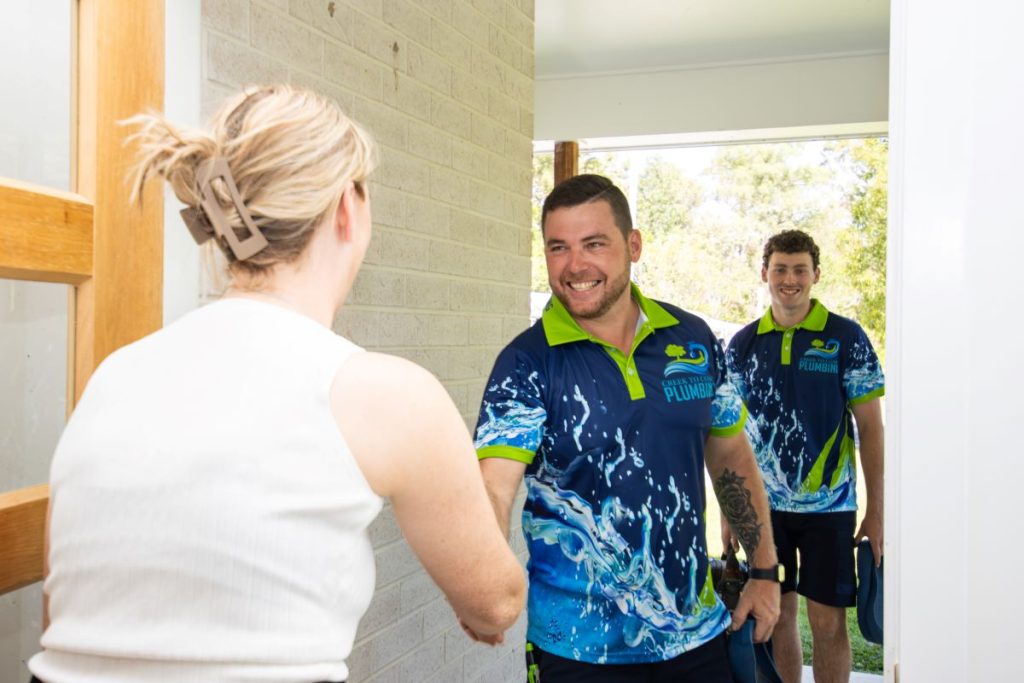Although you cannot smell or taste them, PFAS chemicals, often referred to as “forever chemicals”, are infiltrating the water we consume daily. These insidious substances are pervasive and make it essential for consumers to be informed about their presence. Staying vigilant about PFAS is crucial for safeguarding your health and the environment.
Since their introduction in the 1950s, these chemicals have been utilised in a wide array of products, including firefighting foam, fast food wrappers, non-stick cookware, and stain-resistant clothing. The very properties that render PFAS effective in manufacturing—such as their remarkable durability—are also responsible for their environmental challenges: they resist degradation. Once they infiltrate the ecosystem, these chemicals can persist for years, accumulating in soil, water, and even the human body, compounding the risks associated with prolonged exposure.

Essential Insights into PFAS: Understanding the Implications of “Forever Chemicals”
Recently, Seqwater, the authority responsible for managing the drinking water supply in South East Queensland, confirmed that trace amounts of PFAS have been detected in both raw and treated water across the region. While these levels are minimal and comply with national safety standards, their growing presence is concerning, especially as they are being found more frequently in various catchment areas. For further information, you can explore Seqwater’s dedicated PFAS resources.
What Are the Pathways for PFAS Contaminating Our Drinking Water?
PFAS are not intentionally introduced during the water treatment process. Instead, they infiltrate the water supply through external pathways such as industrial waste, landfill runoff, fire training sites, and stormwater runoff. During rainfall, these chemicals can wash off surfaces like roads, roofs, and soil, flowing into the rivers and dams that supply our water treatment facilities. Due to the resilience of these chemicals, even advanced water treatment technologies may not completely eliminate them, raising concerns about the safety of our drinking water.
While the risks associated with these contaminants are currently deemed low, many households in Queensland are justifiably taking precautionary measures, particularly families with young children, individuals with compromised immune systems, or those relying on rainwater tanks. In these situations, adopting whole-house water filtration systems becomes essential for ensuring peace of mind and safety.

Can Standard Water Filters Effectively Eliminate PFAS Contaminants?
In short, most standard water filters are ineffective at removing PFAS.
Common filtration systems such as pitcher jugs, tap-mounted units, and basic under-sink systems primarily aim to enhance taste, reduce chlorine levels, and capture sediment. However, when it comes to addressing PFAS contaminants, these systems fall short of the necessary standards. They lack the specific technology required to effectively deal with these persistent chemicals.
To truly eradicate these enduring chemicals, a more sophisticated approach is required. Proper removal typically involves:
- Extended contact carbon block filtration techniques
- Anion exchange resins, or
- Reverse osmosis — advanced technologies not usually found in standard, off-the-shelf filters that are essential for PFAS reduction.
This raises serious concerns for households that utilise plumbed-in refrigerators, where the filtered water may appear clean but is not specifically treated for PFAS. Most tap filters or refrigerator filter cartridges do not incorporate the necessary filtration processes or contact time to significantly lower PFAS levels effectively.
What Role Do Whole House Filtration Systems Play in Reducing PFAS Exposure?
This is where whole-house filtration systems, such as those provided by Creek to Coast Plumbing, become critically important in tackling PFAS contamination.
These advanced systems treat every drop of incoming water before it reaches any tap, appliance, or plumbing fixture, including your refrigerator, ensuring comprehensive protection against contaminants.
Creek to Coast Plumbing installs Puretec premium-grade filtration systems that feature:
- Carbon block filters designed for extended contact time — essential for effective PFAS reduction and ensuring safer water.
- pH correction filters to stabilise acidic rainwater and maintain optimal water quality.
- UV disinfection to eradicate harmful bacteria, viruses, and parasites, contributing to overall water safety.
- Optional reverse osmosis integration for additional filtration at kitchen taps, if desired, enhancing water purity.
It’s not merely about improving the taste of your water; it’s about safeguarding your entire household from hazardous contaminants at the source, ensuring safer water for showers, laundry, and cooking, not just for drinking purposes.
Why Should You Choose Whole House Filtration Systems?
While a solitary under-sink filter may protect your kitchen tap, PFAS can still infiltrate your home through various outlets such as bathroom taps, showers, garden hoses, and washing machines. Whole-house systems provide comprehensive protection across all outlets, ensuring safety in:
- Drinking and cooking water
- Water for bathing and brushing
- Water for laundry
- Water for pets and garden use
Puretec’s FilterWall F-Series and Hybrid-Plus systems are robust enough to ensure complete household protection, installed right at the point of entry by our skilled and licensed team, guaranteeing that every drop of water is treated effectively.
Do Whole House Filtration Systems Truly Make a Difference?
Absolutely, especially for families concerned about cumulative exposure to PFAS and other contaminants. While Seqwater is actively managing water quality, implementing filtration at the home level provides:
- An added barrier against chemical intrusion, ensuring your water is safe.
- A consistent line of defence, regardless of public infrastructure and its limitations.
- Improved taste and odour, along with invaluable peace of mind for your family.
- Support for individuals with allergies or sensitivities who are particularly vulnerable to contaminants.
Town Water vs. Rainwater: Evaluating the Risks Associated with Both Supplies
Even if you are connected to a town water supply, PFAS can still infiltrate into your home. However, if you are harvesting rainwater for household use, your risk profile is significantly heightened due to various environmental factors.
Rainwater in Queensland may contain:
- Animal waste from roof catchments, which can introduce harmful pathogens.
- Airborne chemicals from industrial activities or bushfire zones, posing additional contamination risks.
- Low pH water that can corrode pipes and release heavy metals into your water supply, potentially endangering health.
- Tannins resulting from decomposing vegetation, affecting water quality and clarity.
This highlights the critical need for a whole-house system for homes relying on tank water, particularly those with children, elderly residents, or frequent visitors who may not be accustomed to untreated water.
How Can You Verify If Your Filter Effectively Addresses PFAS?
If your current filtration system does not specifically mention PFAS reduction, it is likely inadequate for this crucial purpose.
To ensure your system is capable of addressing the issue, look for filters that include:
- NSF/ANSI 53 or 58 certification specifically for PFAS filtration, assuring high standards of effectiveness.
- Activated carbon filters engineered for high contact time, which is essential for capturing these stubborn chemicals.
- Reverse osmosis or hybrid systems rated for PFAS contaminants, ensuring thorough purification.
- Professional installation to avoid pressure drops or bypass issues, guaranteeing optimal performance.

Choose Creek to Coast Plumbing: Your Trusted Local Experts for Water Filtration Solutions
As certified Puretec installers, we specialise in designing and implementing whole-house water filtration systems tailored to Queensland's unique conditions, whether you are connected to the town supply or utilising off-grid tank water. We proudly serve homes throughout the Sunshine Coast, Moreton Bay, and inland regions, understanding that effective filtration transcends taste; it’s fundamentally about providing peace of mind for you and your family.
With our comprehensive annual servicing and filter replacement programmes, you’ll never need to worry about your system’s performance, allowing you to focus on enjoying clean water.
Call 1300 793 962 or contact us online for more information about our services.
Are You Searching for Water Filters That Effectively Remove PFAS?
Inquire about our innovative offerings:
- Whole House Carbon Block Filtration
Treats all water entering your home, including taps, showers, appliances, and refrigerator plumbing for maximum safety. - UV + Carbon Combination Systems
Advanced multi-stage systems designed to neutralise bacteria and filter chemical residues — perfect for properties using rainwater and tank-fed sources. - Reverse Osmosis (RO) Add-Ons for Drinking Water
Installed discreetly beneath your kitchen sink for ultra-purified water at your most frequently used outlets, ensuring the highest quality.
The Article: PFAS in Drinking Water: Do Whole House Filters Offer Protection? first appeared on https://writebuff.com
The Article Whole House Filters: Effective Protection Against PFAS in Water? Was Found On https://limitsofstrategy.com

